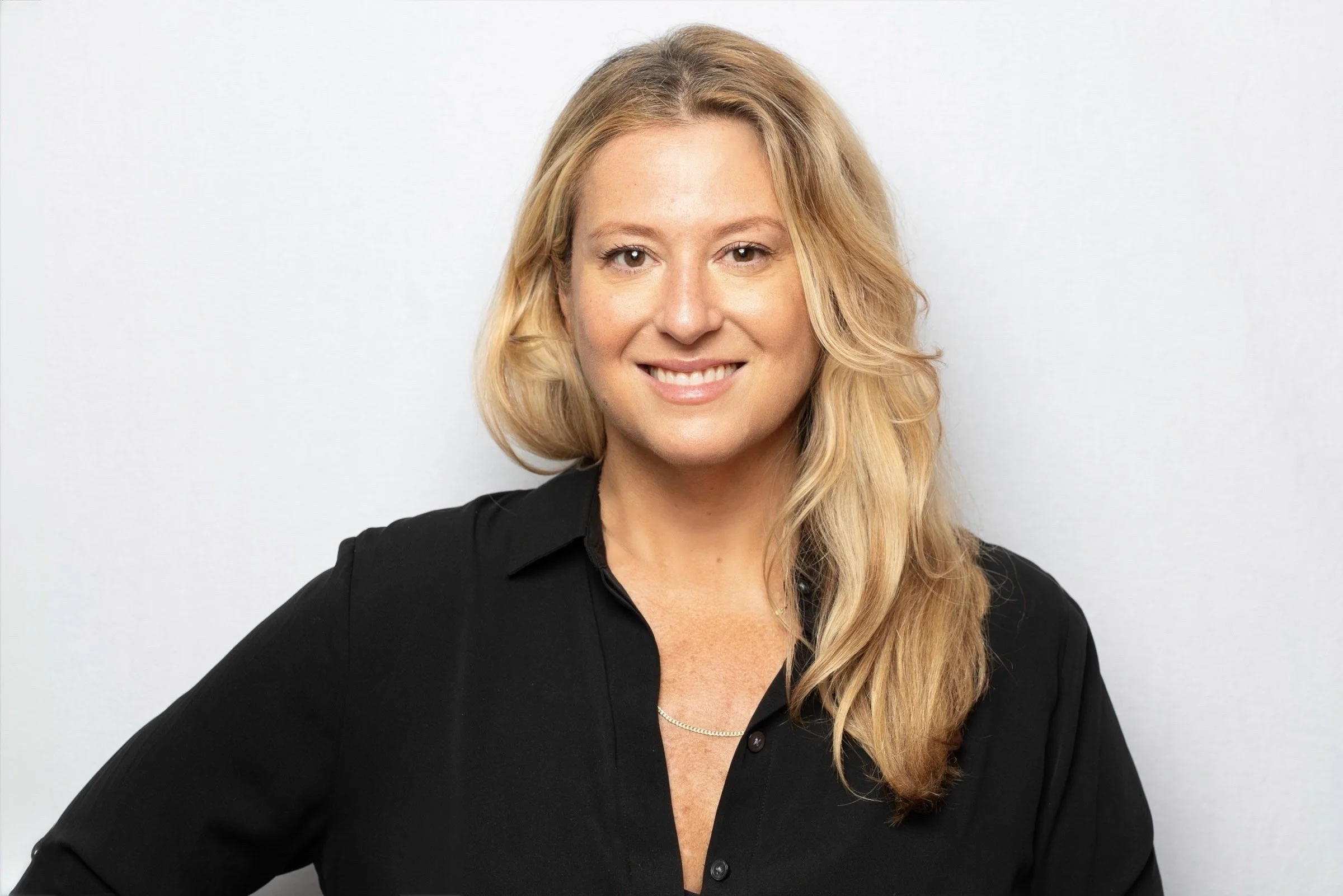How female leaders redefine urban nightlife?
In the latest episode of the Nocturnal Cities series, alongside my co-host Andreina Seijas—we spoke with two women who have redefined what it means to govern the night: Amy Lamé, London’s first Night Czar, and Ariel Palitz, New York City’s first Executive Director of the Office of Nightlife.
Andreina and I created this series to explore how cities can become more inclusive, equitable, and vibrant after dark. When it comes to the night, few leaders have shaped the global conversation as profoundly as Amy and Ariel.
The rise of women leading the night
Amy and Ariel are pioneers in modern urban governance. Both took on newly created roles—Amy in 2016, Ariel in 2018—that required defining the very concept of “nighttime policy.” Their work now serves as a model for cities worldwide.
Their shared goal: to shift perceptions of nightlife from a source of problems to a source of potential—a cultural, social, and economic asset.
From the dance floor to public office
Amy’s roots run deep in London’s nightlife. For nearly three decades, she ran queer events and venues, helping others have a safe, joyful night out. She also led RVT Futures, the campaign that saved the Royal Vauxhall Tavern from redevelopment. That success led to her appointment as London’s first Night Czar.
“There was no manual,” Amy laughs. “You just have to make it up as you go along.”
Ariel’s story mirrors Amy’s across the Atlantic. Born and raised in New York City, she promoted events from her teens and ran Sutra Lounge for a decade. “I was the number-one noisiest bar in New York,” she recalls, “but that experience politicized me. I realized how unfairly nightlife was treated.”
Her activism through the NYC Hospitality Alliance and local community board led to the creation of the Office of Nightlife in 2018. “I wanted to reframe nightlife as an industry worth protecting,” she says.
Defining the mission
Both of them brought empathy, practicality, and firsthand knowledge to City Hall.
Amy focused on fair treatment and inclusion—for workers, women, and marginalized communities. “As women working at night, we see inequalities more clearly,” she says. “I wanted to look at the city as a 24-hour organism.”
Ariel’s focus was on social justice and systemic change. Her office worked to end the criminalization of nightlife, build dialogue, and promote non-enforcement solutions. “It was about cooperation, not confrontation.”
Ariel
Steering through the pandemic
When COVID-19 arrived, both leaders suddenly found themselves fighting for survival—of venues, jobs, and culture.
“All that long-term, justice-based work turned into emergency response,” Ariel explains. Yet the crisis also validated their existence. “Any question of why there’s an Office of Nightlife was answered the day the pandemic began.”
In London, Amy led the High Street Reopening Task Force, coordinating 33 boroughs through ever-changing lockdown rules. “There was no plan. We had to write it ourselves,” she says. The pandemic made clear that nightlife was not frivolous—it was essential to cities’ social and economic recovery.
From reaction to strategy
Before these offices existed, nightlife was managed reactively—through complaints and enforcement. Amy and Ariel helped cities move toward strategic, data-driven governance:
In New York, Ariel launched a Five-Borough Listening Tour, inviting business owners, artists, and residents to open forums. “Officials came not to speak, but to listen,” she says. “That’s how trust was rebuilt.”
The Office of Nightlife became a non-enforcement safe space where people could report unfair treatment or discrimination without fear of punishment.
In London, Amy launched Night Surgeries, visiting communities at night to meet residents, police, and workers face-to-face. These experiences shaped local nighttime strategies that now guide more than a dozen London boroughs.
Safety, inclusion, and women’s leadership
One of Amy’s proudest achievements is the Women’s Night Safety Charter, built on seven practical pillars for safety and equality. Nearly 3,000 businesses have adopted it.
“The ultimate solution is to destroy the patriarchy,” Amy says with a laugh, “but in the meantime, we keep fighting.” The charter encourages men to be allies, promotes safe design, and emphasizes behavioral change. “No amount of lighting will take down the patriarchy,” she adds. “It’s about changing attitudes.”
Amy
Beyond public office: global impact
Today, both continue their missions independently.
Ariel still collaborates with New York’s Office of Nightlife—now led by Jeffrey Garcia—and advises cities from Belfast to Colombia and Brazil on developing nighttime governance structures. She also consults privately, helping venues navigate policy and advocating for 24-hour licenses.
Amy founded 24-hour cities, a consultancy that supports governments and venues with hands-on strategic planning. Her first project—defending a major London venue in a £20 million lawsuit—was a success. She also continues her cultural broadcasting on BBC Radio 6 Music.
Advice for the next generation
Ariel’s advice to young women leaders: “Use your empathy and intuition. Be creative in finding lasting, non-enforcement solutions. Tune into the feminine perspective—it’s powerful and healing.”
Amy is honest about the challenges: “Women will always succeed, but nightlife is still misogynistic. Enter with your eyes wide open. The stronger we become, the stronger the backlash.” Still, she adds with a smile: “It’s more fun when they don’t see you coming.”
Book recommendations:
Mark Ronson’s upcoming Nightlife People and other biographies that reveal persistence and creativity.
Jane Jacobs, whose The Death and Life of Great American Cities remains foundational
Mona El-Tahawy’s The Seven Necessary Sins for Women and Girls



